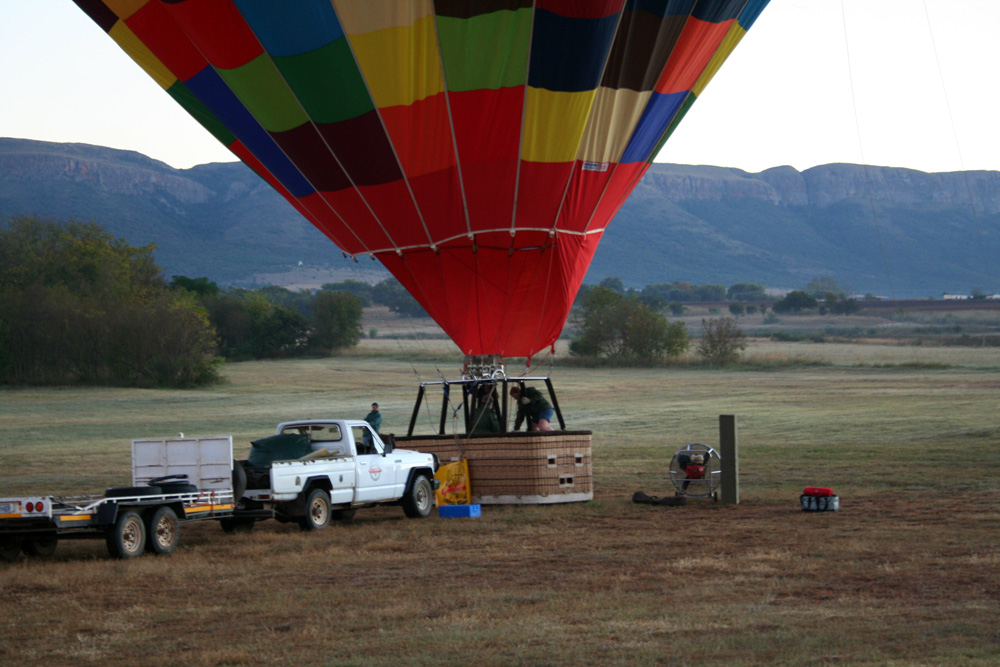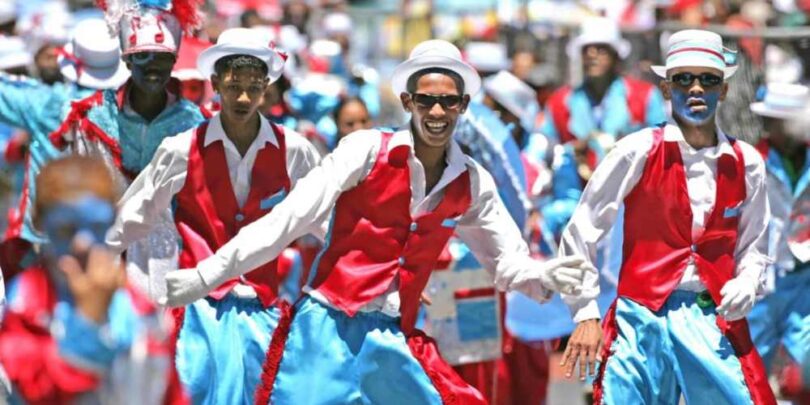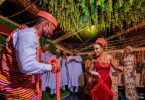From the rhythmic beats of Zulu drums to the colorful and joyous events in the cities, South African New Year celebrations are unmatched. The parties start on New Year’s Eve and go all the way to January 2nd when South Africans celebrate Tweede Nuwe Jaar, which literally means “Second New Year”.
Just like many other African countries, people here prefer to be with their families at this time of the year. Delicious aromas waft through the air for three consecutive days as the spirit of unity is embraced and joy shared. Stay with us to learn more about South African New Year.
Table of Contents
New Year’s Eve in South Africa
If there’s one place you would love to be on New Year’s Eve is South Africa. Family and friends usually come together on 31 December to spend time as they wait for the old year to end and usher in the new one. The countdown to the New Year is usually a fun activity that happens where there are groups of people. About 80,000 people usually gather at the foot of Table Mountain on this big night.
The New Year is usually welcomed with jubilation, euphoria and elation. It is also common to hear cracker explosions and see breathtaking fireplays when in the streets.

South African New Year. Photo/ Khaleej Times.
How Is the New Year Celebrated in South Africa?
If you thought that the celebrations stop on New Year’s eve then you are wrong. Things get spicier on 1 January when it’s officially a public holiday and as you might have already known, South Africans love to ‘jol’ (a slang for party in South Africa).
New Year is often enjoyed outdoors in South Africa because it’s summer and the weather is usually friendly. On this day, you will find the many beaches of Western Cape, Eastern Cape and KwaZulu-Natal buzzing with locals, expats and tourists who come to have fun. However, not everybody wants to start the new year with buzz. Some people take the New Year as a day to just chill at home with their families.
According to South Africa’s Public Holidays Act, if a public holiday falls on a Sunday, then the following Monday shall be a public holiday. This means that if the New Year is on Sunday, South Africans continue their celebrations on Monday, as they did at the start of 2023.
Interestingly, South African New Year celebrations continue for two days, which has led to the concept of the “Second New Year”. There is some historical background behind the concept which is associated with slavery.

Second New Year celebrations in South Africa. Photo/ Cape Town Tourism.
During the 17th century, the slaves of the Western Cape were not permitted any holidays except for the second day of the year, which is after New Year. They used this opportunity to celebrate amongst themselves by visiting friends and dressing up in festive attire. The slaves also engaged in singing, dancing and parading through the streets. Today, the second day of the new year continues to be a day of celebration among those communities that were enslaved at that time.
What To Do During New Year in South Africa
Since New Year is the time to start afresh and celebrate, there are numerous things you can do in South Africa on this big day. Below are some of the things we recommend you do during New Year in South Africa:
- Orange River Rafting – Welcome the brand new year in style by going for rafting at the Orange River. Canoe down the river with friends, give your body warm sun bathe and then narrate stories around campfire in the evening.
- Hot Air Balloon Safari – Taking a hot air balloon safari is one of the best ways to celebrate South African New Year. You can choose from a variety of hot air balloon rides and experience breathtaking views of the country’s wildlife and stunning landscapes.
- Go For Whale Watching – Whale watching is a wildlife experience that one shouldn’t miss in South Africa. If you have never seen a whale in your life, then it should be on your bucket list for activities to do on New Year. Nearly thirty different species of whale and dolphin can be seen off the coast of South Africa.
- Take a trip to the Cape Winelands – If you have only been hearing about the Cape Winelands, this is the best time to explore them. Visit Franschhoek, Stellenbosch and Paarl to enjoy stunning views.

Hot Air Ballooning in South Africa. Photo/ SA-Venues.com.
Is September 23rd African New Year?
According to a petition on change.org, Africans need to return to their old indigenous practices and observances and recognize September as the beginning of the New Year. The indigenous people of Southern Africa have always celebrated New Year at this time of the year when vegetation starts turning green.
The numerous indigenous languages of Southern Africa describe September as the beginnings – a start of a new cycle as portrayed by nature.








